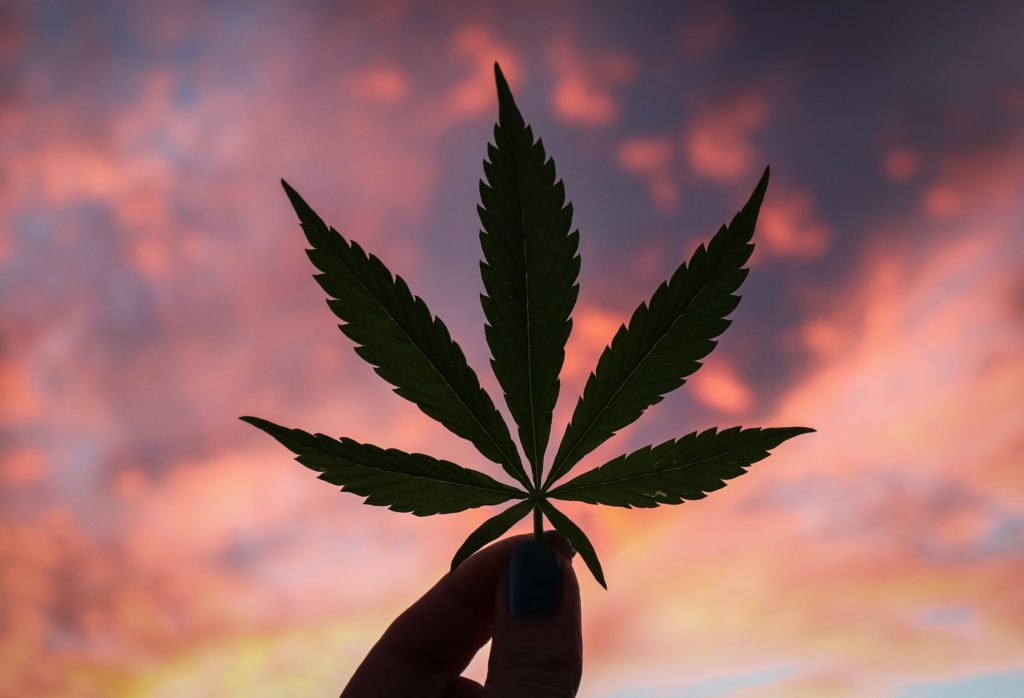Virginia’s plan for adult recreational cannabis use was approved in February, with a major bill review scheduled for 2022 and legalization set for 2024. When it comes to the use of cannabis taxes, the pro-legalization community is split. Governor Ralph Northam, the mayor of Richmond Levar Stoney, and some other Democrats support using the largest portion of taxes for targeted PreK programs, which the current bill upholds. But drug reform advocates have been calling for a bigger commitment to directly redress the harms of the War on Drugs on Black and Brown communities.
The current legislation directs 40% of taxes to PreK for at-risk kids; 30% to the Cannabis Equity Reinvestment Fund (CERF)—this is where advocates want to see more funding; 25% to substance use disorder programs; and 5% to public health.
In a joint letter, the Virginia ACLU, Marijuana Justice, and others asked for 70% of cannabis taxes to support the CERF. It is intended to provide scholarships for historically marginalized youth, especially those who are impacted by the War on Drugs; support workforce development and reentry services; and contribute to the Cannabis Equity Business Loan Fund, which will make loans to social equity cannabis license candidates; among other purposes.
“Our top priority with marijuana legalization must be to repair the harm to Black and Brown communities done by the War on Drugs,” Ashna Khanna, VA ACLU legislative director, told The Outlaw Report.“The proposed 30% of tax revenue just won’t cut it, if lawmakers are serious about funding these initiatives.”
While some other states use cannabis taxes to fund education, Virginia would be the first state to use these revenues to fund PreK for at-risk youth, according to a column by Richmond Mayor Stoney.
Stoney explained that he sees funding PreK for at-risk three and 4-year-olds as a social justice strategy for Virginians. He said PreK can help prepare these youth for education and life, and also benefit their parents, who will be able to better access employment with the kids in school: “This opportunity will change the trajectory for children and families in communities hit the hardest — both by the pandemic and by the long injustices created by our criminal justice system.”
PreK programs have been shown to give children a head start in life, as the name of the federal initiative suggests. A 2017 broad research analysis stated that children in these programs “who have had early experiences of economic scarcity and insecurity” often make the biggest gains.
Most states, including Virginia, use multiple funding streams, including federal, state and local resources, for various PreK programs. The recently approved Virginia budget boosts funding for some early education initiatives.
In early 2021, with leading Democratic lawmakers, Governor Northam introduced the original version of Virginia’s now-successful legalization bill, which included the tax structure favoring PreK. Supporting early education is an established, strong focus for Northam and his wife Pam, which predates their public embrace of cannabis legalization. “Early childhood education has been a priority for me since I was in medical school,” the Governor said in a statement on his proposed 2020–2022 budget.
Marijuana Justice Executive Director Chelsea Higgs Wise said the disparate harms of the War on Drugs on Black Virginians include the “consequences of a criminal record; barriers to housing, employment, education, and public assistance; plus the crumbling public, social and economic infrastructure in communities that have been segregated, redlined, and brutally policed.”
Higgs Wise also said that while, “PreK may be part of the solution to this complex of problems …it is certainly not the central pillar in the project of reparations for Black and Brown communities.”
As of May 2020, nine states had cannabis tax systems set up. Three—Colorado, Nevada and Oregon—currently use some of their taxes for education but, as Stoney pointed out, this does not appear to include any PreK programs. Other uses of taxes include cannabis system administrative costs, substance use disorder programs, criminal justice reform, economic development and more.
Higgs Wise pointed out that New Jersey, which recently legalized adult use, is devoting 70% of taxes “to municipalities with the highest marijuana arrest and poverty rates.” She said, “Governor Northam must not allow Virginia legalization to fall below the racial equity standard set by Governor Murray.”

